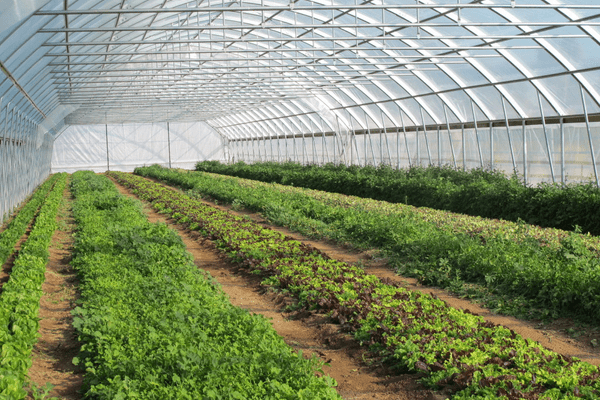Governor Agbu Kefas of Taraba State recently emphasized that agriculture will boost Nigeria’s economy and GDP. Speaking in Lagos, he called on individuals, private organizations, and the government to invest in the agricultural sector as a means to enhance economic growth.
The Importance of Agriculture in Nigeria
Agriculture has long been a cornerstone of Nigeria’s economy. It employs a significant portion of the population and contributes to food security. However, despite its potential, the sector has faced numerous challenges, including inadequate funding, poor infrastructure, and limited access to markets.
Why Focus on Agriculture Now?
What are the benefits of investing in agriculture?
- Economic Diversification: Nigeria’s economy heavily relies on oil, which makes it vulnerable to global price fluctuations. By investing in agriculture, the country can diversify its income sources and reduce dependence on oil revenue.
- Job Creation: Agriculture has the potential to create millions of jobs. By encouraging investment in the sector, more individuals can find employment, which is crucial in a country with high unemployment rates.
- Food Security: Increasing agricultural production can help ensure that Nigeria meets its food needs. This is vital for the country’s stability and health.
- Export Opportunities: With the right investments, Nigeria can become a leading exporter of agricultural products. This can significantly boost the country’s GDP and improve its trade balance.
Governor Kefas highlighted that collaboration among various stakeholders is essential for agricultural advancement. He urged private organizations to partner with the government in developing agricultural infrastructure and providing technical support to farmers.
The Role of Government and Private Sector
The government plays a crucial role in facilitating the growth of agriculture. Investments in infrastructure, such as roads and storage facilities, are essential for improving market access. Additionally, providing training and resources to farmers can enhance productivity and sustainability.
Public-Private Partnerships
Public-private partnerships (PPPs) can be instrumental in driving agricultural development. These collaborations can lead to the establishment of agro-processing plants, improved supply chains, and better access to financing for farmers.
Kefas emphasized the need for policies that support the agricultural sector. He called for incentives for investors and measures to reduce barriers to entry for new farmers, especially young people.
Conclusion: A Call to Action
In conclusion, Agbu Kefas has made a compelling case that agriculture will boost Nigeria’s economy and GDP. The sector holds immense potential for job creation, food security, and economic diversification.
As Governor Kefas calls on individuals, organizations, and the government to invest in agriculture, it is crucial for all stakeholders to recognize the opportunity at hand. By working together, Nigeria can unlock the full potential of its agricultural sector and pave the way for sustainable growth.
FAQ Section
Why is agriculture important for Nigeria?
Agriculture is crucial for job creation, economic diversification, and ensuring food security in Nigeria.
How can investment in agriculture benefit the economy?
Investing in agriculture can create jobs, enhance food production, and provide export opportunities, boosting the overall GDP.
What role does the government play in agricultural development?
The government can facilitate growth by investing in infrastructure, providing training, and creating supportive policies for farmers.
What are public-private partnerships in agriculture?
PPPs involve collaboration between the government and private entities to improve agricultural infrastructure, support farmers, and enhance productivity.




